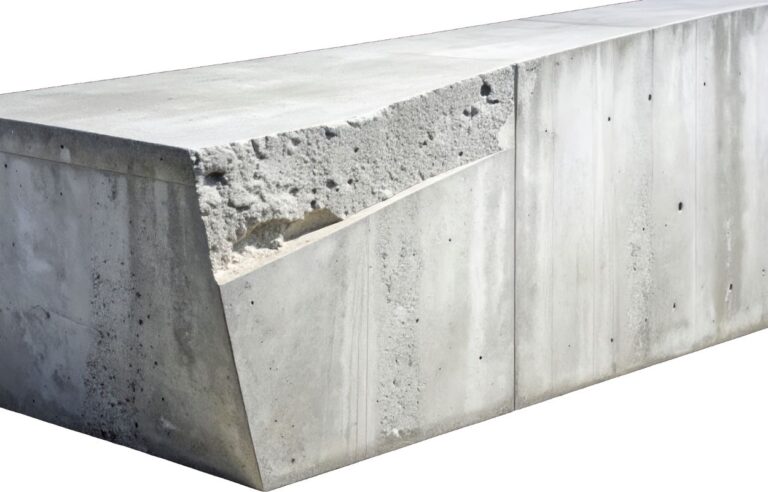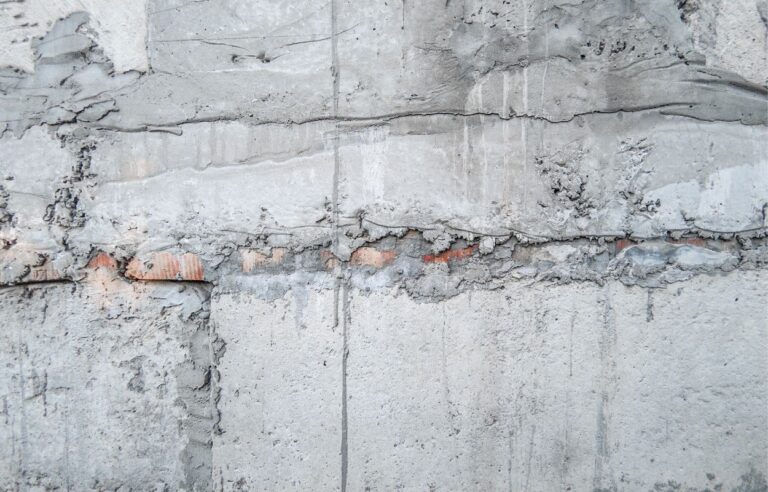
When it comes to updating or transforming your property, two common approaches stand out: deconstruction and renovation. Each method has its unique benefits and considerations. In this blog post, we’ll explore the differences between these two processes and help you make an informed decision based on your needs and goals.
UNDERSTANDING DECONSTRUCTION
Deconstruction is a method that involves carefully dismantling a structure to salvage reusable materials. Unlike traditional demolition, which often results in significant waste, deconstruction prioritizes sustainability and recycling. Local deconstruction services play a crucial role in this process, ensuring that materials are repurposed rather than discarded.
BENEFITS OF DECONSTRUCTION
Environmental Sustainability
Deconstruction contributes to environmental conservation by minimizing the amount of construction waste sent to landfills. The salvaged materials, such as lumber, fixtures, and appliances, can be reused or repurposed in other projects, reducing the demand for new resources.
Cost-Effective Material Sourcing
Choosing local deconstruction services allows you to obtain high-quality materials at a fraction of the cost. Reclaimed materials often have character and charm, adding a unique touch to your renovation project while saving you money.
RENOVATION: A TRADITIONAL APPROACH
Renovation involves making improvements or updating a property while retaining the basic structure. This approach is often faster than deconstruction, making it an appealing choice for those seeking a timely transformation. However, it may not be as environmentally friendly or cost-effective as deconstruction.
CONSIDERATIONS FOR RENOVATION
Speed and Convenience
Renovation is generally a quicker process compared to deconstruction. If you have time constraints or want to see immediate results, renovation may be the more suitable option for you.
Budgetary Factors
While renovation can be cost-effective in some cases, it may also involve unforeseen expenses. Hidden structural issues or outdated systems can lead to additional costs. It’s essential to have a clear budget and contingency plan in place.
MAKING THE RIGHT CHOICE
Assessing Your Goals
Consider the long-term goals for your property. If sustainability and minimizing environmental impact are priorities, deconstruction may align better with your values. On the other hand, if you’re looking for a quick and straightforward transformation, renovation might be the more suitable choice.
Environmental Impact
Evaluate the ecological footprint of each option. Deconstruction reduces waste and promotes resource efficiency, making it an environmentally conscious choice. Renovation, while faster, may contribute to increased waste generation.
CONSIDERING LONG-TERM VALUE
When contemplating deconstruction versus renovation, it’s crucial to factor in the long-term value each approach brings to your property. Deconstruction, with its emphasis on reusing materials, not only aligns with sustainable practices but can also enhance the intrinsic value of your space. The incorporation of reclaimed materials can add a unique charm and character that may be hard to achieve through standard renovation methods. On the other hand, renovations may offer modern upgrades that appeal to contemporary tastes, potentially increasing property value in certain markets. Evaluating your property’s potential resale value and the preferences of future buyers can guide your decision-making process.
In the end, the choice between deconstruction and renovation depends on your unique circumstances and priorities. Local deconstruction services offer a sustainable alternative, ensuring that your project leaves a positive impact on both your property and the environment. Carefully weighing the pros and cons of each method will guide you towards the most suitable path for achieving your desired outcome.





